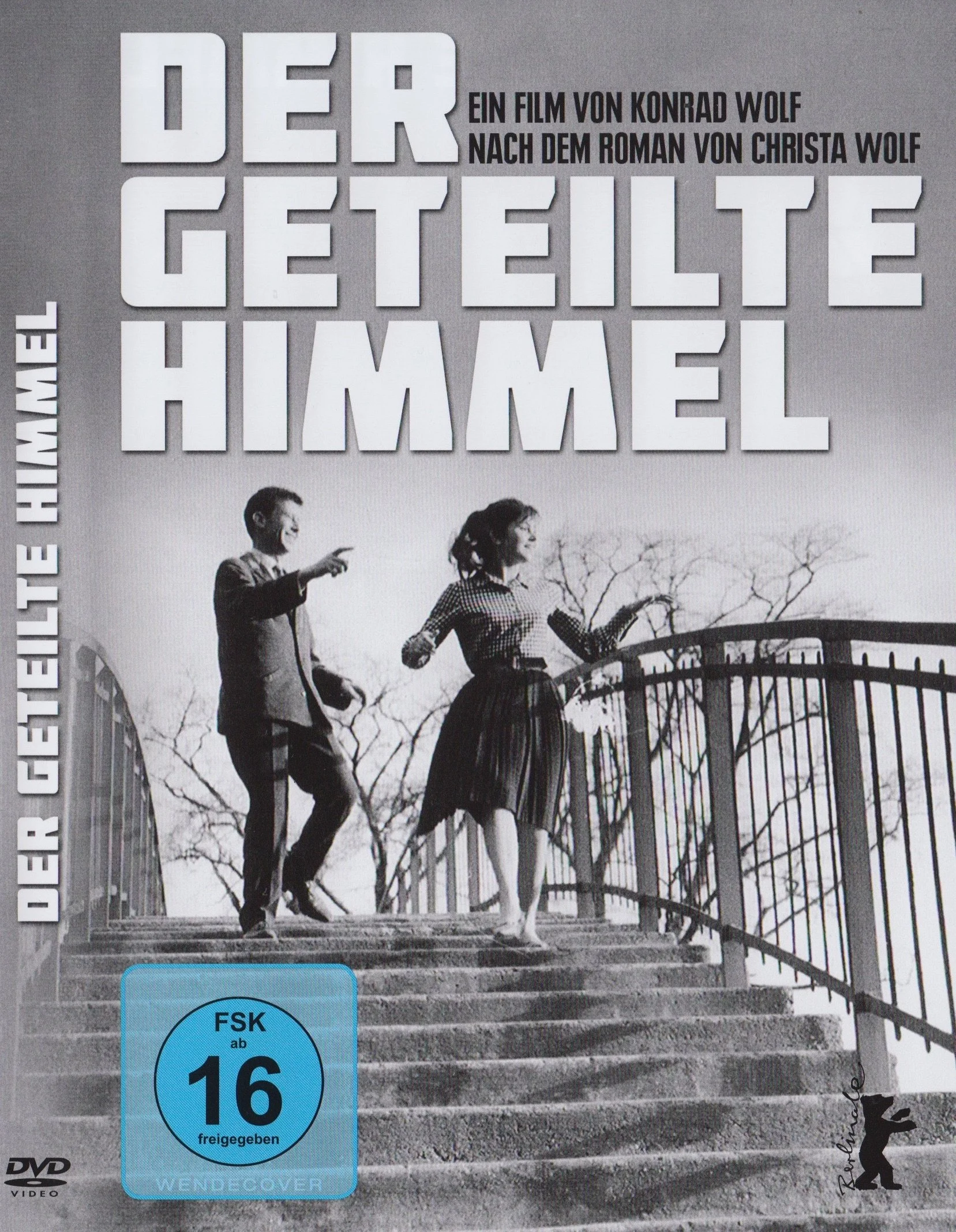- Activism
- Animation
- Asylum
- Austria
- Berlin
- Black Germans
- Childhood
- Cologne
- Colonialism
- Comedy
- DDR
- Documentary
- East/West Germany
- Environment
- Food
- Hamburg
- Health
- Holocaust
- Immigration
- Intergenerational Families
- Jewish
- Judicial system
- Lesbian/Gay
- Lübeck
- Munich
- National Socialism
- Politics
- Pomerania
- Racism
- Religion
- Sexism
- Short films
- Stuttgart
- Switzerland
- Twins
- Weimar Republic
Uferfrauen
Uferfrauen portraits six Lesbian protagonists from rural and metropolitan parts of the formerly socialist Republic and has them tell their captivating and sometimes outrageous life stories.
Sorry Genosse | Sorry Comrade
DDR-Geschichte mal anders: In Vera Brückners farbenfroher Doku erwecken Karl-Heinz und Hedi ihre unglaubliche Romanze während des Kalten Krieges erneut zum Leben – samt waghalsiger Flucht über die deutsch-deutsche Grenze, geheimen Komplizen und verblüffend hilfsbereiten Stasi-Beamten! Stets in einen lässigen Retro-Look getaucht entführt „Sorry Genosse“ auf eine charmante wie spannungsgeladene Zeitreise in die deutsche Vergangenheit. Seine Uraufführung feierte der Film auf der Berlinale im Jahr 2022.
Der geteilte Himmel
While recovering from a mental breakdown, the young Rita Seidel recalls the last two years, in which she fell in love with Manfred, a chemist who is ten years older. As Manfred became disillusioned with his opportunities in East Germany, he moved to the West. Rita followed him there and tried to persuade him to return but soon realized he would never do it.
Das Kaninchen bin ich
The Rabbit Is Me was made in 1965 to encourage discussion of the democratization of East German society. In it, a young student has an affair with a judge who once sentenced her brother for political reasons; she eventually confronts him with his opportunism and hypocrisy. It is a sardonic portrayal of the German Democratic Republic’s judicial system and its social implications. The film was banned by officials as an anti-socialist, pessimistic and revisionist attack on the state. It henceforth lent its name to all the banned films of 1965, which became known as the “Rabbit Films.” After its release in 1990, The Rabbit Is Me earned critical praise as one of the most important and courageous works ever made in East Germany.




